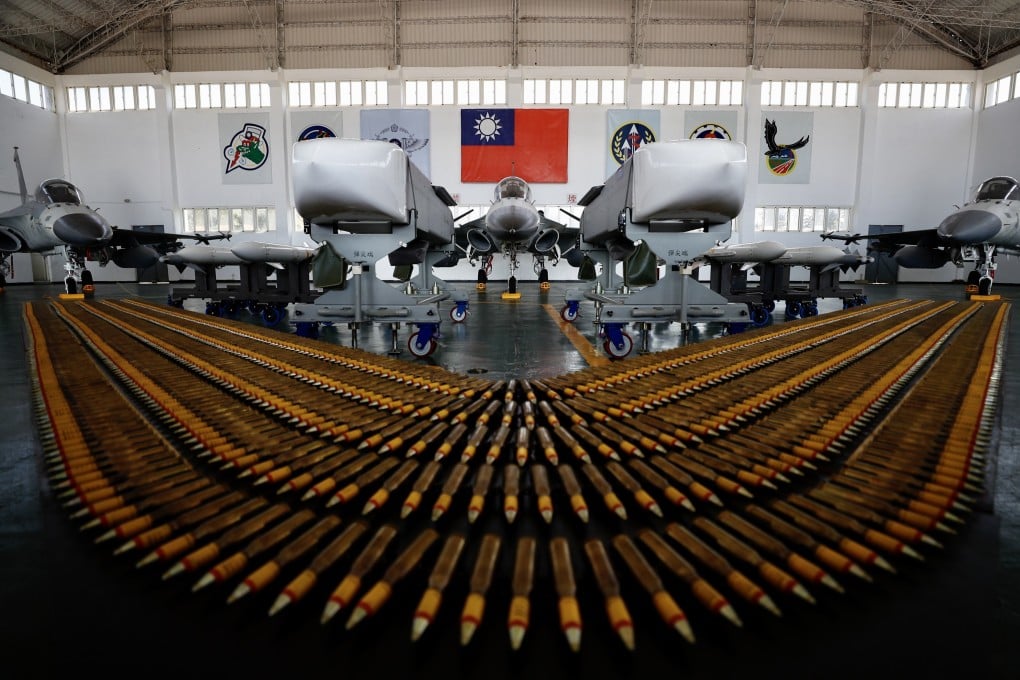Advertisement
Explainer | US Taiwan Policy Act: how would it change Washington’s relations with the island and what was Beijing’s reaction?
- The US Foreign Relations Committee has approved legislation that would seriously upgrade ties with Taipei by strengthening defensive and diplomatic links
- It also proposes symbolic changes to the unofficial diplomatic relationship
Reading Time:4 minutes
Why you can trust SCMP
15

The US Senate Foreign Relations Committee has cleared legislation that would significantly bolster American ties with Taiwan.
The Taiwan Policy Act was approved on Wednesday in a 17-5 bipartisan vote.
Described by its sponsors as “the most comprehensive restructuring of US policy towards Taiwan” since Washington normalised relations with Beijing and cut official ties with Taipei in 1979, the bill, if it eventually passes, could elevate the island’s status close to that of a formal diplomatic ally.
Advertisement
The bill was introduced by Bob Menendez, the Democrat chairman of the committee, and Republican Lindsey Graham to deter Beijing from trying to undermine the status quo in the Taiwan Strait.
Menendez said the legislation also imposes steep costs on Beijing for hostile actions against Taiwan by setting up a broad regime of economic sanctions.
What are the provisions?
The bill is divided into nine major sections, covering diplomatic, economic and security relations.
Advertisement
Select Voice
Choose your listening speed
Get through articles 2x faster
1.25x
250 WPM
Slow
Average
Fast
1.25x